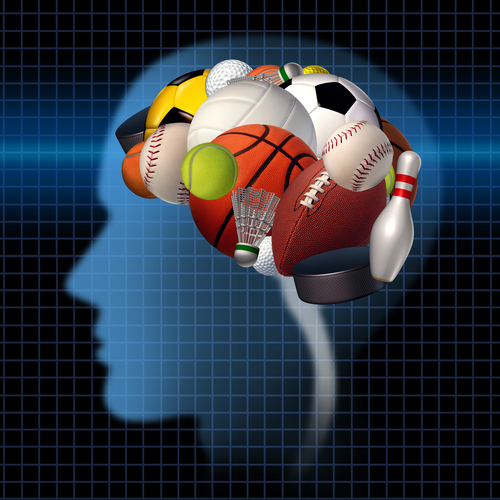Today’s Sports Psychology Degree: Five Courses to Expect
- Ethics in Sports and Exercise
- Psychology of Athletic Injury
- Advanced Kinesiology
- Sports in American Culture
- Applied Sport Psychology
Sports psychology is an important component of the professional sporting world today. Once not understood or even acknowledged, this area of psychology now is understood to have a very real effect on player performance, team morale, and more, and understanding it can be paramount among a sports organization’s priorities. On the path to earning a degree in this progressive discipline, one can expect to encounter a solid lineup of core courses that will ultimately prepare them for this line of work. The following courses represent some of the exact coursework the sports psychology major can expect.
Related resource: Top 25 Doctor of Psychology (PsyD) Degree Programs
1. Ethics in Sports and Exercise
Ethics and legal parameters are an important determining factor in sports operations and sports psychology alike. Interestingly enough, ethics and legal parameters, in turn, are also determined by societal patterns and matters of psychology itself. With such a presence in the sports and sports psychology worlds, it’s certainly no wonder that this is a required course in the typical sports psychology degree.
2. Psychology of Athletic Injury
Injuries are an unfortunate yet very present force in the greater sports industry. Beyond just the physical nature of an injury that has taken place, what other psychological ramifications might be associated with that injury? As it turns out, the psychological reach of a single injury event can touch everyone from the injured player themselves up to management, fellow teammates, and even fans all across the globe.
3. Advanced Kinesiology
Well-defined by the Encyclopedia Britannica, kinesiology is the “study of the mechanics and anatomy of human movement and their roles in promoting health and reducing disease.” In essence, kinesiology dictates a significant portion of all human sports activities. As such, attention to this subject area, by sports psychology majors and others, is critical.
4. Sports in American Culture
Sports in American Culture is a course that offers a telling dive into American culture and the aspects of it in which sports have played a major role. From racial inclusion in sports history to the wide world of the annual NFL Super Bowl, the effects of sports on culture, and vice versa, are significant. Explore different sports leagues, demographics, societal opinions, the importation of foreign sporting components, and more in this course.
5. Applied Sport Psychology
Concisely explained by the American Psychological Association, sport psychology itself “is a proficiency that uses psychological knowledge and skills to address optimal performance and well-being of athletes, developmental and social aspects of sports participation, and systemic issues associated with sports settings and organizations.” Applied Sport Psychology is the flagship course that teaches this particular material along the path to a degree in sports psychology. Learn the ins and outs of assessments, mental skills, mental training, sport-related behavioral issues, and more right here.
Those working toward a degree in sport psychology prepare themselves for an always interesting career path into the minds and hearts of sports enthusiasts everywhere. From the pros down to the fans, sport psychology experts are the gurus in this area of expertise. In conclusion, for more information on the wide world of sport psychology or the educational components therein, the Association for Applied Sport Psychology is an excellent resource with which to followup further.

